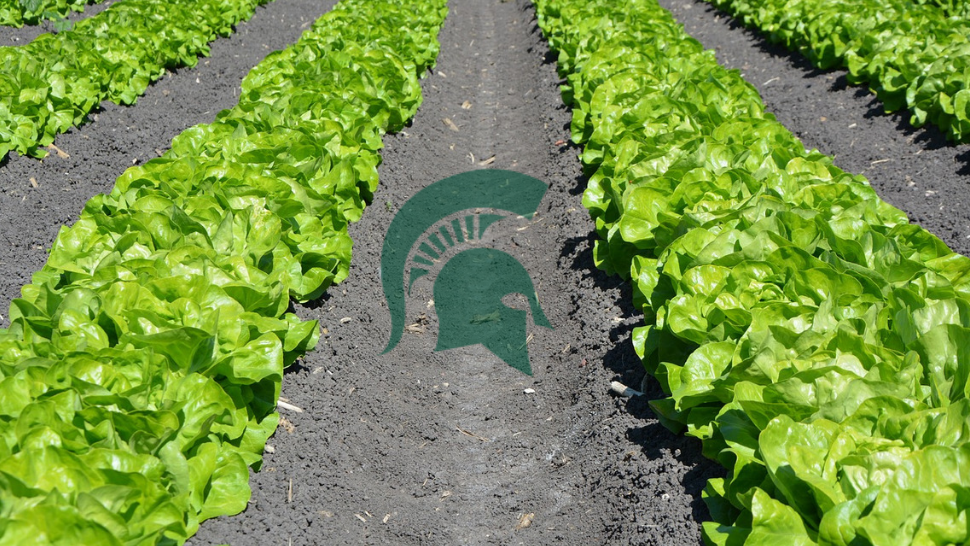John Tolley, October 16, 2018
What do you talk about when you talk about food? What your favorite dish is? Where the new, hip place to grab a late-night bite may be? Whether or not it is OK as an adult to put ketchup on a hot dog*?
Those are all perfectly valid topics. But, the larger conversation on food encompasses so much more, delving into reflective and often uncomfortable territory in a quest to answer some big questions. Why do some have so much while others have so little? How can access to healthy, nourishing food be made more equitable? Can we cultivate a rounded food system that takes the health of the planet into account?
As our population grows and our climate changes at a dramatic rate, these topics are becoming more and more urgent. At Michigan State University, an initiative called Food@MSU is bringing together scientists, economists, farmers, consumers, nutritionists, policymakers and more to talk in earnest about that changes that must be made to inspire healthy choices, educate consumers and sustain working food systems around the globe.
Founded by MSU?s College of Agriculture and Natural Resources in collaboration with the colleges of Arts and Letters and Communication Arts and Sciences, Food@MSU?s centerpiece is a series of round table talks entitled ?Our Table,? which brings together thought leaders to discuss critical themes surrounding food.
As Doug Buhler, director of MSU AgBioResearch, explained in a conversation with the MSU Today radio program, ?Our Table? talks focus on bringing food researchers out of their academic ?silos? in order to connect with everyday people.
?I think we?re realizing that we need to back up a little bit and realize not everybody thinks about this stuff all day, every day like we do,? Buhler said. ?They have very complicated lives, they do other things, and we have to accept that. It?s not negative or positive. It?s just the reality of we need to re-look at how we?re helping to educate people to understand these things.?
To date, topics have included food policy, waste, access and safety. In the conversation on waste, Jonathan Bloom, author of American Wasteland, offered actionable tips such as smart shopping, proper storage and composting to help people get the most from their food. On access, Joe Garcia, director of the Cristo Rey Community Center, offered insight into how to break down barriers to food that exist in immigrant communities.
Food@MSU also runs an ongoing food literacy and engagement poll measuring consumer understanding and engagement. The poll, which recently published its third wave of results, helps generate topics for future ?Our Table? discussions and helps focus the initiative?s message and outreach education.
To learn more about Food@MSU including transcripts of past ?Our Table? discussion and information on a number of food-related topics, visit their website here.







